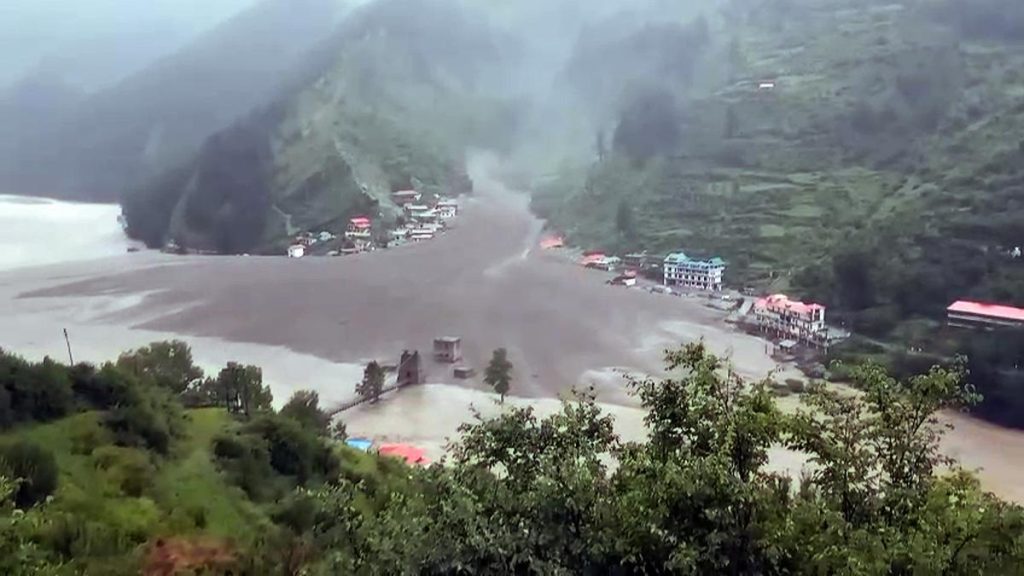Now Reading: Why We Don’t Feel Earth Spinning at 1,000 mph
-
01
Why We Don’t Feel Earth Spinning at 1,000 mph
Why We Don’t Feel Earth Spinning at 1,000 mph

Quick Summary
- Earth rotates at approximately 1,000 miles per hour relative to its axis, with speed varying based on latitude.
- At the equator, rotation is fastest; near the poles, people are essentially rotating in place.
- The planet’s daily rotation creates day and night and stabilizes climate but isn’t perfectly constant.
- Fluctuations in Earth’s rotational speed occur due to atmospheric changes, core movement, lunar tides, and redistribution of mass like melting glaciers or earthquakes.
- Measurements of Earth’s spin are conducted using techniques such as Very Long Baseline Interferometry (VLBI) by organizations like the U.S. Naval Observatory (USNO).
- Precise data regarding Earth’s Orientation Parameters (eops) are updated daily for usage in satellite positioning and navigation.
Read More: earth’s Inner Core Is Slowing Down – and May Not Be Entirely solid
Indian Opinion Analysis
The study of Earth’s rotation highlights how interconnected forces-like atmospheric shifts, tidal movements due to lunar gravity, shifting masses on land or sea-impact planetary stability. For India specifically, understanding these minor fluctuations holds relevance in fields like geodesy (positioning satellites), disaster response systems tied to seismic activity monitoring (affected by tectonic changes), and precise global time coordination essential for GPS-based technologies.
India’s space programs have increasingly relied on accurate data about Earth’s spin as part of their satellite launches and navigation systems. Movements such as melting glaciers subtly affecting Earth’s mass remind nations of the importance of addressing larger climate concerns while considering their implications for technological advancement. Maintaining collaboration with global institutions that monitor these parameters will ensure ongoing innovation within India’s scientific endeavors while enhancing understanding across multidisciplinary areas.

























